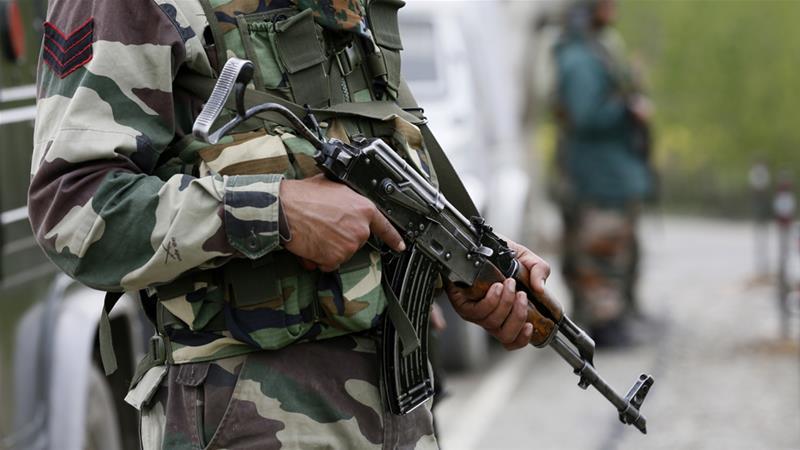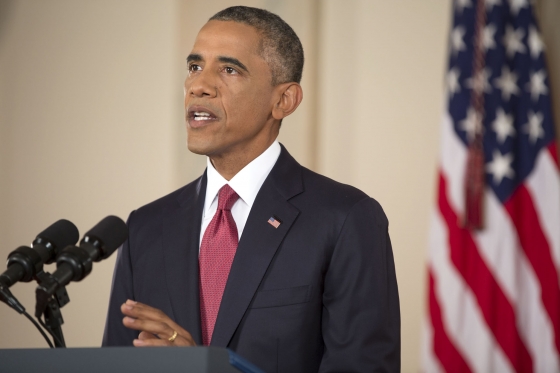India has been in the news quite a lot recently. The recent death of five Indian soldiers in Kashmir, the launching of its first domestically-produced aircraft carrier, and the successful activation of a miniaturized atomic reactor aboard one of its submarines – all of these have been signals of a proud, confident country looking to assert itself globally. Of course, India’s designs on regional power will not always jibe well with the hopes of NATO, now preparing for its departure from Afghanistan and hoping against hope that things in the region will settle down. India’s attempts to secure itself represent both a potential obstacle and an opportunity for NATO for largely the same reasons. Most importantly, if India is more prepared to meet both domestic and international security threats, from the on-going Naxalite opposition in the eastern parts of the union, to pirates in the Gulf of Aden and the Straits of Malacca, then NATO will benefit from the spill-over. The problem with this, however, is that the greater the speed and alacrity with which India pursues the goal of securing itself, the greater the likelihood is of upsetting its neighbours, especially in Pakistan. Indians tension with its neighbours, as has often been the case, prevent it from more fully in other projects related to global stability and from providing a much-needed voice to the diverse array of developing world democracies.
As the world’s largest democracy, India has a heavy burden to carry, not just in terms of caring for its own citizens, but also the expectations that arise elsewhere. Western governments have continuously hoped for India to act as an emissary for their values, given the shared democratic institutions and other beliefs. This has proven elusive at best, and for good reason. After shedding the shackles of overt imperialism, India has worked hard to chart its own course in the world. This has proven difficult, but not entirely unsuccessful. Independent of its former colonizer, it gained resources from Soviet courtship during the Cold War, while still maintaining its position in the Non-Aligned Movement, and has now gained significantly within the current neoliberal world older.
Economically, the fight against the ‘Licence Raj’ in the 2000s and the strong economic growth of India has given many Westerners hope that a stable, democratic partner in the developing world has been found. They should not be too hopeful. India indeed has native democratic institutions and does share many Western values, but its path, as it has stated from day one, is undeniably its own. From gaining its own stockpile of nuclear weapons to its position within the Non-Aligned Movement, India has shown it will do the things it sees are in its own interests, sometimes in considerable opposition to direction. As its power and wealth have grown over the past twenty years, the possibility of India aligning itself more closely with the West has appeared tantalizingly close but launching of its aircraft carrier this week and other claims to regional leadership show that this dream is still just that.
India is not entirely dismissive of the West. It has relations with almost every NATO member including reasonably robust and growing relations with the United States, the United Kingdom, France, and Canada. It is hoping to conclude a deal on peaceful nuclear energy with Canada very soon. As an institution itself, NATO does not have a formal connection to India, but in 2011 The Hindu (one of India’s largest English newspapers) reported that the Alliance had offered to include India in its ballistic missile defence programme – something that has never seen further development. As David Scott has argued, one of the reasons for this unofficial distance is India’s stated desire for ‘strategic autonomy.’ But this could be changing. India is looking for more partners in a world without the Soviet Union as a friend, and Western powers in NATO do have a number of advantages to offer. This is certainly why India has sought bilateral agreements and closer relations with many major NATO powers, including the United States, France, and the United Kingdom. None of these agreements, ranging from shared concerns over nuclear proliferation, to anti-terrorism pacts, amount to an official alliance, but they do show the convergence of Indian and NATO-member interests on a number of key subjects.
[captionpix align=”right” theme=”elegant” width=”300″ imgsrc=”http://natoassociation.ca/wp-content/uploads/2013/10/naxalities.jpg ” captiontext=”The Naxalites are avowed Maoist fighting in India.”]
Terrorism certainly stands out as one of the most pressing of these shared interests. The experience of the Mumbai attacks in 2008 till haunts the memories of many Indians. The shady connections of Pakistan’s intelligence services to those attacks and to many other Islamic militants inside and outside India also raise more concern. The fact that Pakistan is an armed nuclear power is of course the most obvious concern. Additionally, India is undoubtedly watching and concerned about the rise of China. Defence commentators were quick to point out the strategic significance of India’s possession of not one, but two aircraft carriers as a message to China, which only has one carrier of its own. China also has a place of concern with regards to a domestic security threat: the Naxalites. A communist insurgency fighting in India for well over twenty years, the Naxalites are avowed Maoists and some have even been traced back to agents (though not the central government specifically) in China. The threat of a powerful, competitive China certainly has not left the minds of many Indian leaders, despite their shared status as developing nations and history of opposition to colonialism.
India’s security threats, some of them shared with the West, do represent opportunities for cooperation, but the means to eliminating these threats may have blowback that all parties wish to avoid. Undeniably this problem centres on Pakistan. A sometimes-partner of NATO and an always-concern for India, Pakistan has yet to make clear what role it wants to play with either party. It is clear that the man on the street even has varied interpretations of what a future could look like. Most Pakistanis, like most Indians, want to work and grow peacefully, but as the Mumbai attacks show, there are those who disagree. If India intends to expand its influence regionally, it is going to have to come to some sort of agreement, beyond the on-again-off-again détente, that secures a lasting relationship with its neighbours. For Pakistan, this would mean further investment in and building up of democratic institutions and a thorough reworking of its bloated intelligence services. India, too, could use a shake-up in its political and defence establishments, especially of those who see no possibility of working with Pakistan or others.
NATO members will want to see these changes happen quickly and in such a way that India (and hopefully Pakistan eventually) are brought into the ‘fold’ as democratic countries espousing a similar way of life to theirs, but this is a premature hope. India has protected and will continue to protect its own interest and work towards its own goals, and these changes will take time to occur. The key going forward will be a continued emphasis on partnerships and a willingness to believe that while there is more than one path to prosperity, the global community benefits incalculably the more people who freely share in it.




